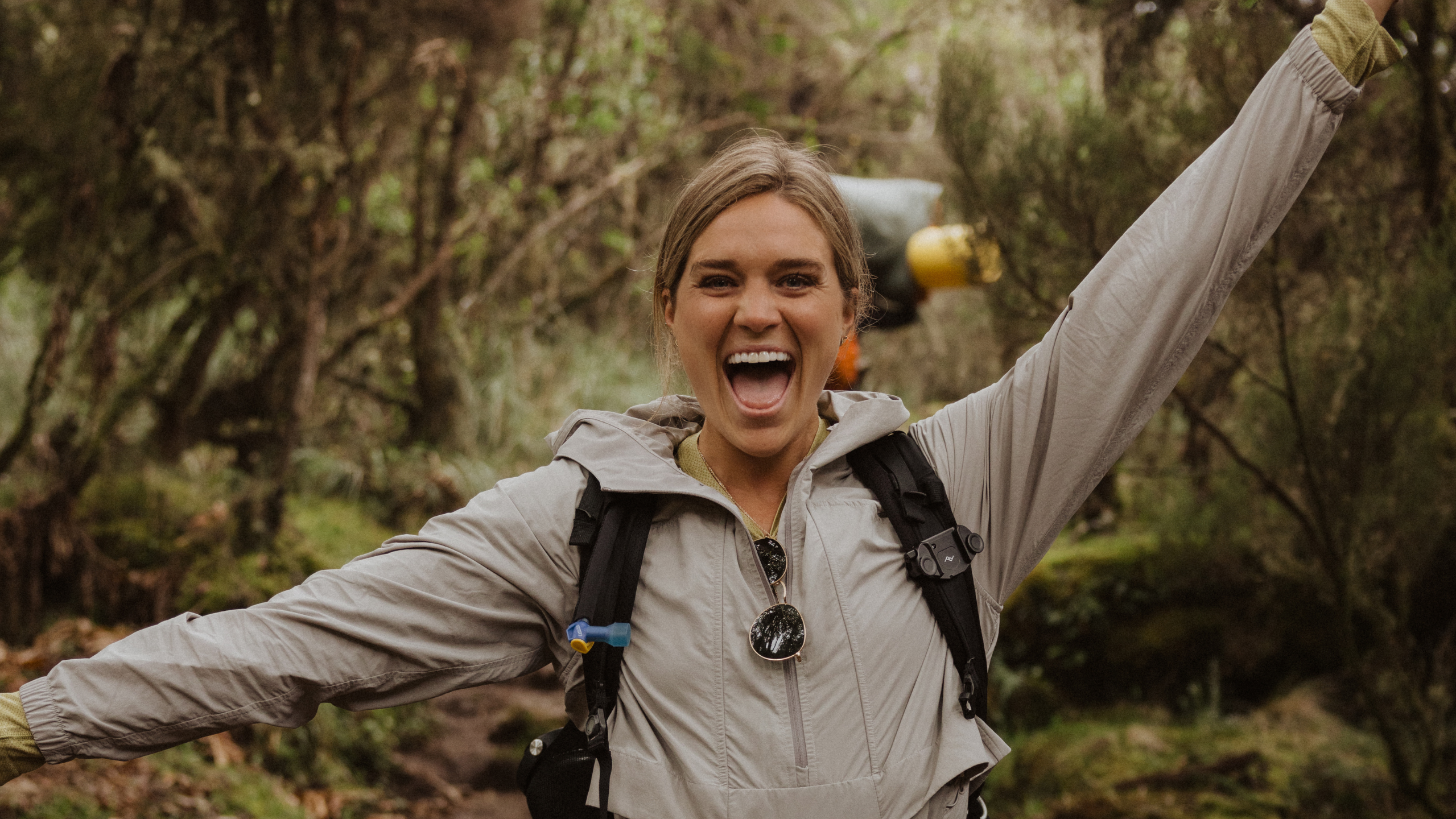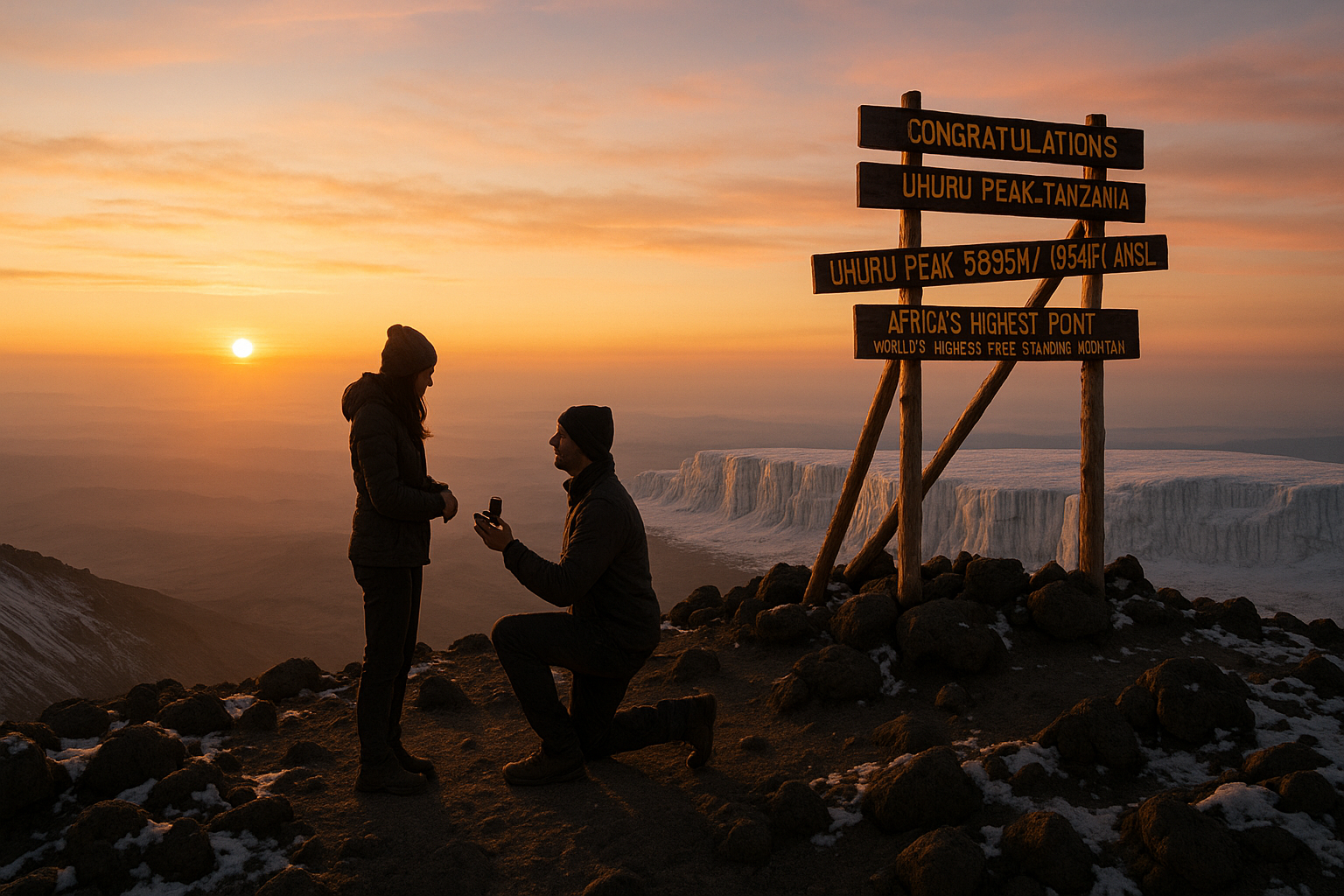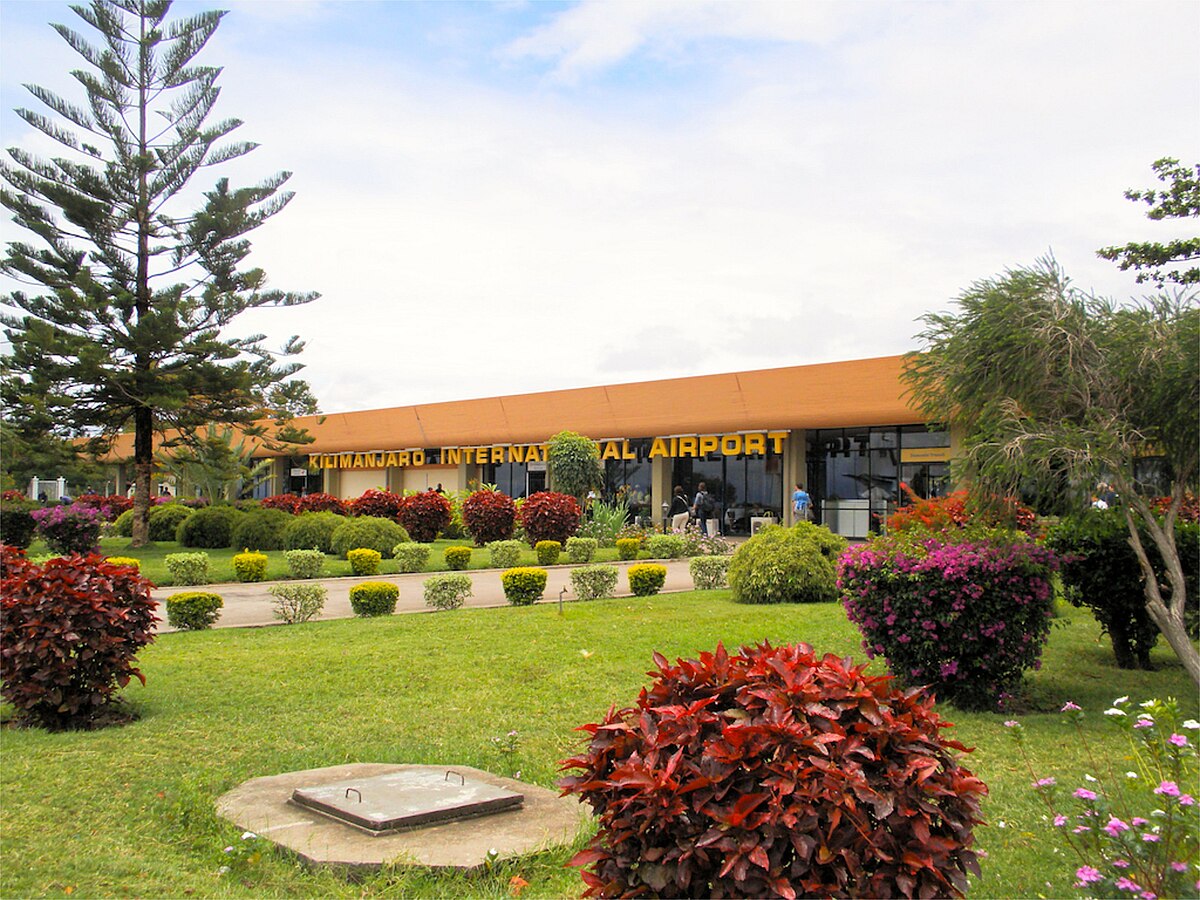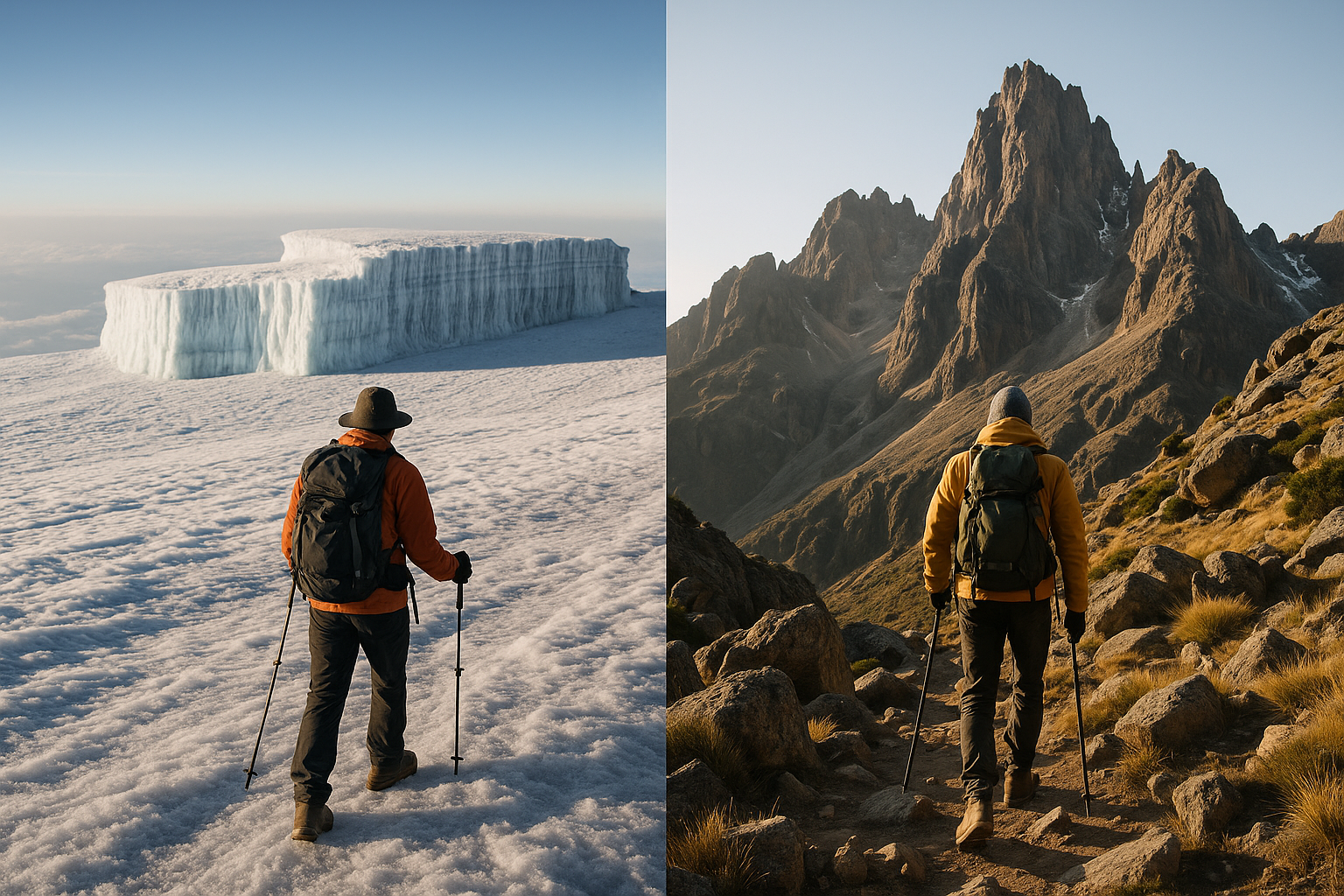Mount Kilimanjaro, Africa’s highest peak, has long been a symbol of strength, resilience, and adventure. Over the years, an increasing number of women from all walks of life are taking on the challenge of climbing Kilimanjaro.
What’s driving this surge in female adventurers? From empowerment and camaraderie to a thirst for adventure, here’s why more women than ever are conquering Kilimanjaro and inspiring others to do the same.
1. A Journey of Empowerment
.

For many women, climbing Kilimanjaro is about more than just reaching the summit—it’s a journey of personal empowerment.
- Breaking Stereotypes: Women are proving that mountaineering isn’t just for men.
- Overcoming Challenges: The physical and mental demands of the climb serve as a powerful reminder of one’s resilience.
- Building Confidence: Reaching the summit of Kilimanjaro instills a sense of accomplishment that transcends the mountain.
Each step toward Uhuru Peak becomes a testament to inner strength and determination.
2. The Rise of Women’s Adventure Groups

As more women embrace adventure travel, there’s been a rise in women-focused trekking groups and tours.
- Supportive Environments: Women’s groups foster camaraderie, encouragement, and shared experiences.
- Networking Opportunities: These treks create spaces for women to connect, share stories, and form lifelong friendships.
- Tailored Experiences: Many operators, like Climb Kili, cater to women with tailored itineraries and considerations for female travelers.
This growing trend has opened new doors for women to explore Kilimanjaro with confidence.
3. Celebrating Milestones on the Mountain

Kilimanjaro is becoming a popular destination for women celebrating personal milestones, including:
- Birthdays and Anniversaries: Marking these occasions with an unforgettable adventure.
- Overcoming Life Challenges: Many women climb to symbolize new beginnings or personal growth.
- Group Celebrations: Friends, sisters, or mother-daughter duos take on the challenge together, creating lifelong memories.
The mountain serves as a powerful backdrop for reflection and transformation.
4. Stories of Inspiration

Every woman who conquers Kilimanjaro inspires others to follow in her footsteps.
- Trailblazers: Women climbers like Junko Tabei, the first woman to summit Mount Everest, have paved the way for female mountaineers worldwide.
- Community Impact: Female adventurers often return home and encourage other women to push boundaries and pursue bold goals.
These stories create ripples of inspiration that extend far beyond Kilimanjaro.
5. Accessible Adventure for All Women

Unlike technical climbs that require specialized training, Kilimanjaro is accessible to women of all ages and fitness levels.
- Non-Technical Trek: No ropes or climbing equipment required—just determination and preparation.
- Tailored Itineraries: Routes like the Lemosho or Machame route allow for gradual acclimatization and flexibility.
- Supportive Teams: Companies like Climb Kili ensure expert guides and porters provide assistance at every step.
This accessibility makes Kilimanjaro an achievable goal for women, whether they’re experienced hikers or first-timers.
6. Building Camaraderie on the Trail

For women climbing in groups, the journey fosters a unique sense of camaraderie:
- Shared Challenges: Bonding over altitude adjustment, long days, and breathtaking views.
- Encouragement: Women supporting women through tough moments on the trail.
- Celebrating Together: Reaching the summit as a team creates memories that last a lifetime.
These shared experiences often lead to deep connections and lifelong friendships.
7. A Chance to Disconnect and Reconnect

Kilimanjaro offers an opportunity to step away from the daily grind and reconnect with oneself.
- Digital Detox: Limited connectivity allows climbers to focus on the moment.
- Mindfulness: The slow pace and stunning landscapes encourage reflection and mindfulness.
- Rediscovering Strength: Many women describe the climb as a reset, returning home with renewed energy and purpose.
This transformative experience is one of the many reasons women are drawn to Kilimanjaro.
8. Inspiring Others to Dream Big

Every woman who takes on Kilimanjaro sends a powerful message to others: no goal is too big.
- Role Models: Female climbers show that determination can overcome any obstacle.
- Encouraging the Next Generation: Many mothers and mentors use the climb to inspire daughters, nieces, and young women to dream boldly.
- Community Impact: Women climbers often inspire local Tanzanian girls by showing them what’s possible.
This ripple effect of inspiration is one of the most meaningful outcomes of women conquering Kilimanjaro.
Join the Movement: Climb Kilimanjaro with Climb Kili
Kilimanjaro isn’t just a mountain—it’s a platform for empowerment, connection, and transformation. At Climb Kili, we’re proud to support women adventurers as they take on this life-changing challenge.
Whether you’re climbing solo, with a group, or celebrating a milestone, we’ll provide the expertise and support you need to reach the summit safely and confidently.
Take the first step today and join the growing community of women conquering Kilimanjaro. Together, let’s make your adventure unforgettable.
Tutaonana juu ya mlima (See you on the mountain) 💚🏔️
FAQ: Women Climbing Kilimanjaro
Is Kilimanjaro safe for women to climb?
Yes, Kilimanjaro is considered safe for women, especially when traveling with reputable companies like Climb Kili that prioritize safety and support.
What should women pack for Kilimanjaro?
Essentials include layered clothing, sturdy boots, personal hygiene products, and altitude medications. Climb Kili provides a detailed gear list to ensure climbers are well-prepared.
Can women climb Kilimanjaro solo?
Absolutely! Many women choose to climb solo but join guided group treks for safety and companionship.
What age is too old for women to climb Kilimanjaro?
There’s no upper age limit as long as climbers are in good health. Many women in their 60s and 70s have successfully summited Kilimanjaro.





